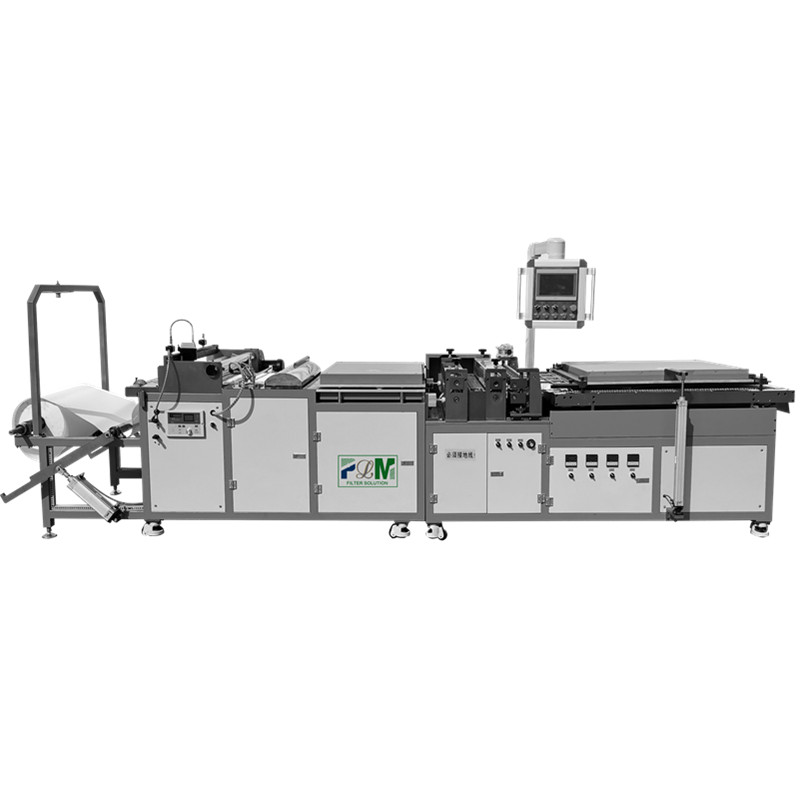Oct . 01, 2024 08:31 Back to list
Tips for Effectively Replacing Your Air Filter for Better Indoor Air Quality
The Importance of Air Filter Replacement
Air filters play a crucial role in maintaining a clean and healthy indoor environment. Whether in homes, offices, or vehicles, air filters are responsible for trapping dust, pollen, pet dander, and other airborne particles that can negatively affect air quality. Regular replacement of air filters is essential to ensure their effectiveness and to promote better health and well-being.
Understanding Air Filters
Air filters are typically made from various materials, including fiberglass, pleated paper, or synthetic fibers, designed to capture different sizes of particles. In heating, ventilation, and air conditioning (HVAC) systems, these filters are positioned in the airflow path to cleanse the air before it circulates within a space. The efficiency of an air filter is often gauged by its Minimum Efficiency Reporting Value (MERV) rating, indicating how well it can trap various particle sizes.
Why Replace Air Filters?
1. Maintaining Air Quality Over time, air filters become clogged with dirt and debris, reducing their ability to trap contaminants. A dirty filter can lead to a buildup of allergens and pollutants in the air, resulting in respiratory issues, allergic reactions, and other health problems. Regularly replacing air filters helps ensure that the air you breathe indoors remains clean and free from harmful particulates.
2. Energy Efficiency A clogged air filter makes HVAC systems work harder to push air through, leading to increased energy consumption. This inefficiency can result in higher utility bills and unnecessary wear and tear on the system, ultimately shortening its lifespan. By routinely replacing air filters, homeowners can enhance the overall efficiency of their HVAC systems, saving money on energy costs and maintenance.
air filter replacement

3. Improved System Performance Dirty filters can restrict airflow, causing the HVAC system to function improperly. This restriction can lead to uneven heating or cooling, decreased comfort, and higher chances of system breakdown. By ensuring filters are replaced at the recommended intervals, users can help their systems run smoothly and efficiently.
4. Prolonged System Lifespan Regular maintenance, including changing air filters, can significantly extend the life of HVAC systems. A clean filter protects components from dust buildup, prevents overheating, and reduces strain on the system. This proactive approach can save owners from costly repairs or replacements in the long run.
When to Replace Air Filters
The frequency of air filter replacement can depend on several factors, including
- Type of filter Some filters are designed to last longer than others. HEPA filters, for example, can last up to a year, while standard fiberglass filters may need replacement every one to three months. - Household factors Homes with pets, smokers, or high levels of dust may require more frequent filter changes, potentially every month. - HVAC usage If the heating or cooling system runs continuously during extreme weather, the filters may need replacement more often.
Conclusion
In conclusion, replacing air filters is a simple yet vital task that can significantly impact indoor air quality, energy efficiency, and system performance. By prioritizing air filter replacement as part of routine home maintenance, individuals can create a healthier living environment, save on energy costs, and prolong the life of HVAC systems. A few moments spent changing an air filter can lead to improved health, comfort, and savings in the long term. Therefore, it is essential to stay vigilant about air filter maintenance for a cleaner, healthier home.
-
Active Carbon Air Filter for Air Purifier – Superior Odor & Allergen Removal
NewsJul.24,2025
-
High-Efficiency Active Carbon Air Filter for Air Purifier | Odor & Allergen Removal
NewsJul.23,2025
-
Active Carbon Air Filter for Air Purifier – High Efficiency Filtration Solution
NewsJul.22,2025
-
Durable Sintered Porous Metal Filter Tube Cup & Machines
NewsJul.22,2025
-
Effective Active Carbon Air Filter for Purifiers | Eliminate Odors
NewsJul.21,2025
-
PLJT-250-25 Full-auto Turntable Clipping Machine | Efficient Automation
NewsJul.20,2025
